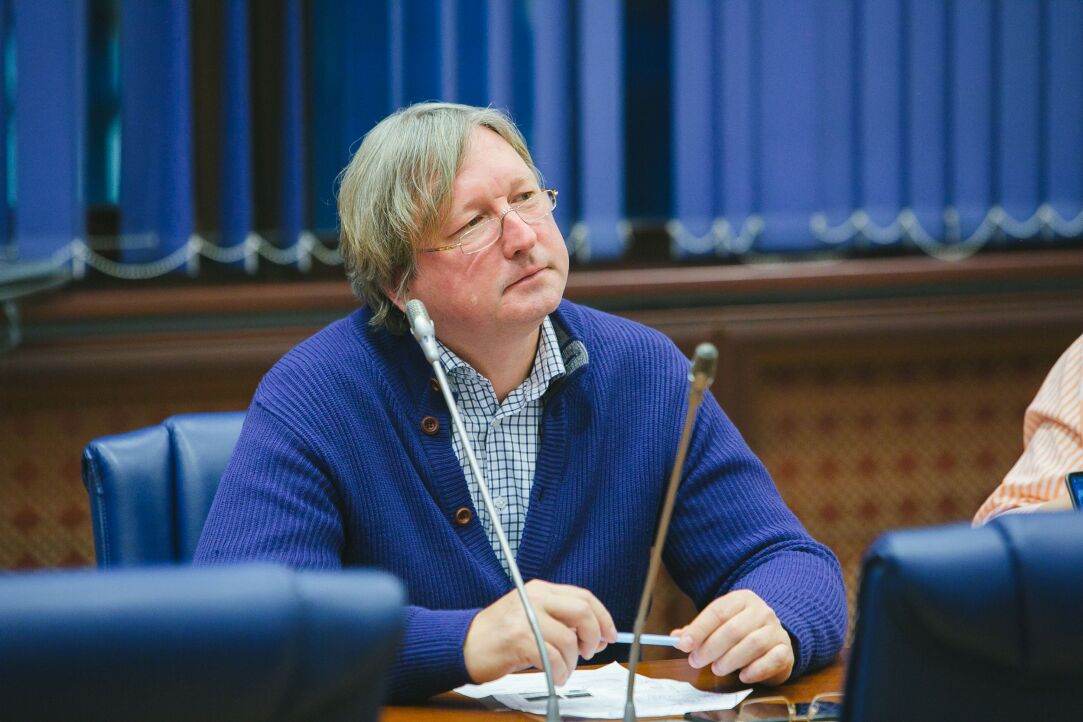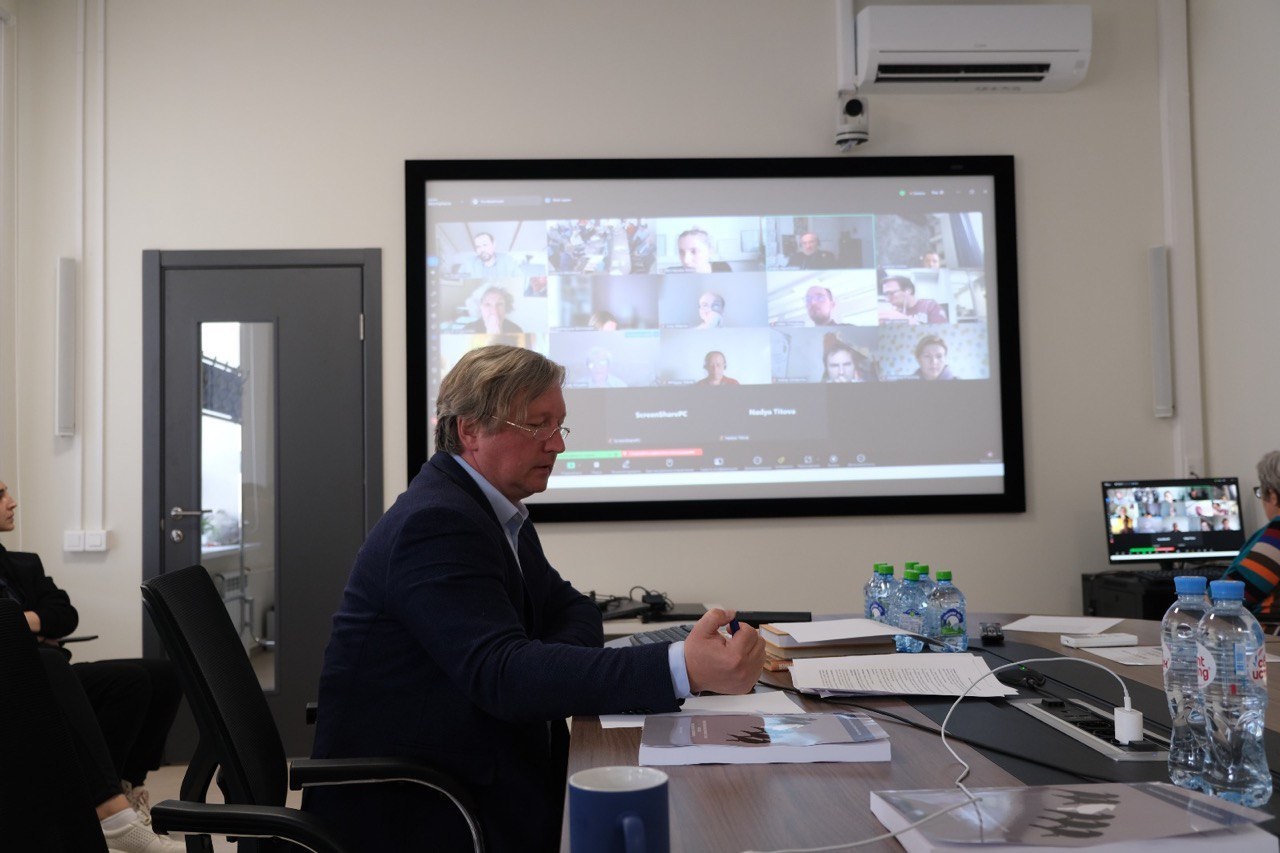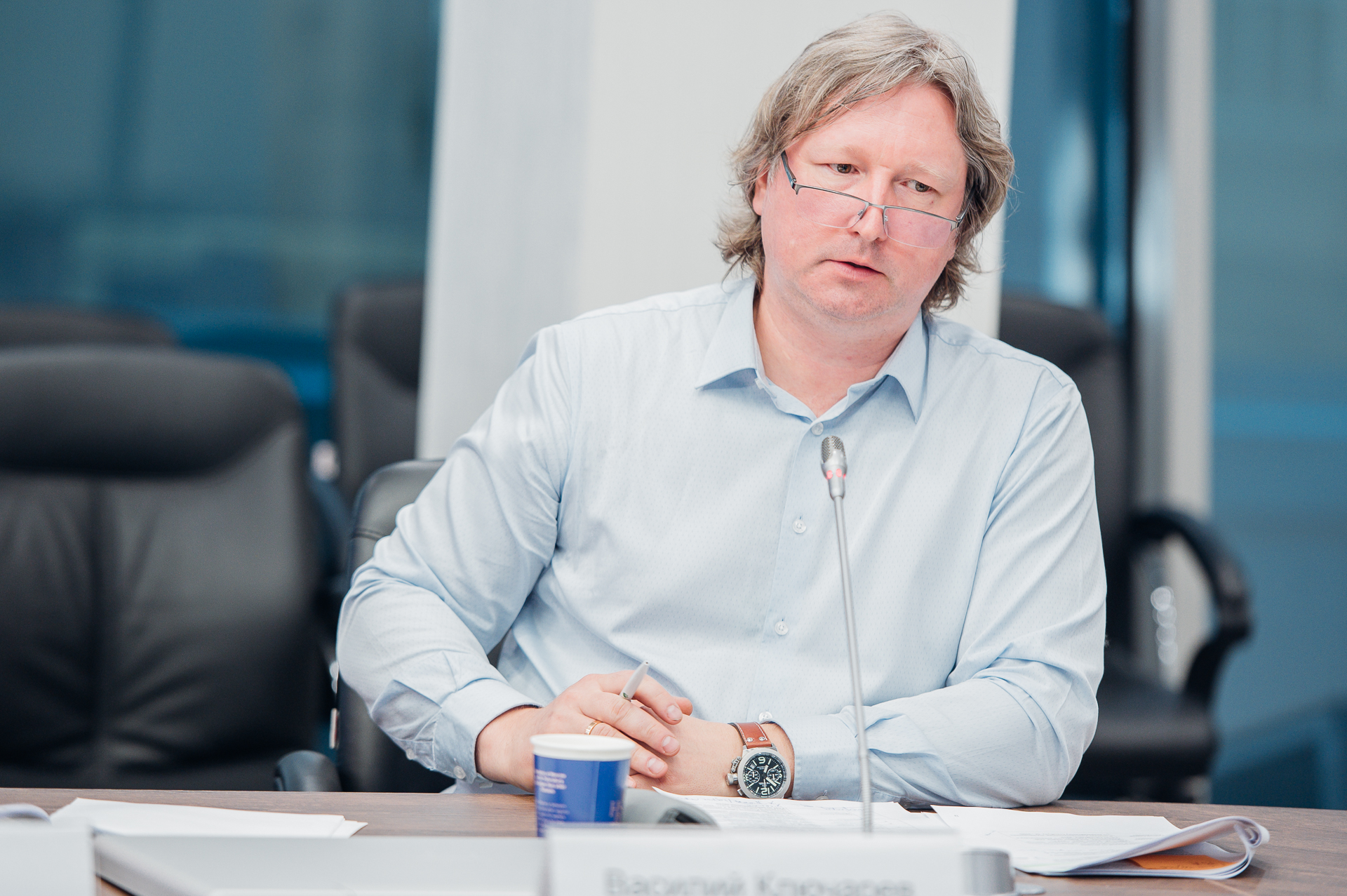HSE University Hosts Russia’s First Doctoral Defence in Cognitive Science

Vasily Klucharev, HSE professor and Leading Research Fellow at the Institute for Cognitive Neuroscience, successfully defended his doctoral dissertation in cognitive science. This was the first doctoral dissertation in this discipline in Russia.
Cognitive science began to actively develop in the second half of the 20th century. It is a unique interdisciplinary field of research, opening new horizons into human consciousness and behaviour. Cognitive science studies how the human mind operates, functions, and behaves—how people perceive, understand, and respond to information.
In 2013, HSE University established its research division in cognitive neuroscience, with Vasily Klucharev leading the Department of Psychology and founding new cognitive brain research laboratories. Over 11 years, this small scientific division has grown into the largest cognitive neuroscience research institute in Russia, with a team of world-recognised scientists. In 2021, HSE University was instrumental in officially approving cognitive science as a new academic specialty. In September 2024, Vasily Klucharev became the first Doctor of Cognitive Science in Russia.

‘This is an important step not only for me but for the entire scientific community,’ Klucharev said after his defence. ‘For a long time, cognitive science was not popular in the Soviet Union, and authorities were dismissive of it, which led to a lag in this crucial scientific and technological direction. Research was being conducted, but was only integrated into other scientific fields—biology, psychology, or linguistics. The creation of a separate specialty in cognitive science and the ability to defend PhDs and doctorates in this field is a sign of state-level recognition.’
Vasily Klucharev's research focuses on the phenomenon of conformity—the tendency of people to align their decisions with the opinions of others. The study examines the underlying neurocognitive mechanisms of conformity using modern brain scanning technologies such as magnetic resonance imaging (MRI), transcranial magnetic stimulation (TMS), electroencephalography (EEG), and magnetoencephalography (MEG).
The neurocognitive mechanisms behind social influence are deeply rooted in the brain's biological processes. Conformity is more than just a social phenomenon. Researchers have found that deviating from the majority opinion triggers brain regions responsible for automatic behaviour modification, prompting individuals to reconsider their decisions to align with others.

‘I have been studying conformity since about 2009. At that time, our research group was one of the first to take an interest in this phenomenon. We were the first to discover that the brain automatically adjusts to the opinions of others. Using various neuroimaging technologies, we confirmed that specific brain regions, associated with the neurotransmitter dopamine, are responsible for this conformity. If their activity is suppressed, conformity decreases,’ Klucharev explains. ‘In this regard, the phenomenon of nonconformity is very interesting, but still largely uncharted territory for research. Perhaps this will be the basis for future studies.’
Klucharev emphasises that cognitive science is a unique field that requires comprehensive knowledge from a wide range of areas, from mathematics to philosophy.
‘To understand how the system—the human brain—works, we need study virtually everything: neurophysiology, biochemistry, social behaviour, and sociocultural characteristics. It is important to be able to mathematically describe all these processes and to use various modern neuroimaging and data analysis technologies. Even the popular topic of artificial intelligence depends on cognitive research. How well will we be able to understand AI? How will it understand us? Cognitive science is essentially the science of understanding everything.’
The successful defence of the doctoral dissertation in cognitive science marks a new stage in the history of HSE University, confirming the university's status as a leading centre for cognitive science research in Russia.
